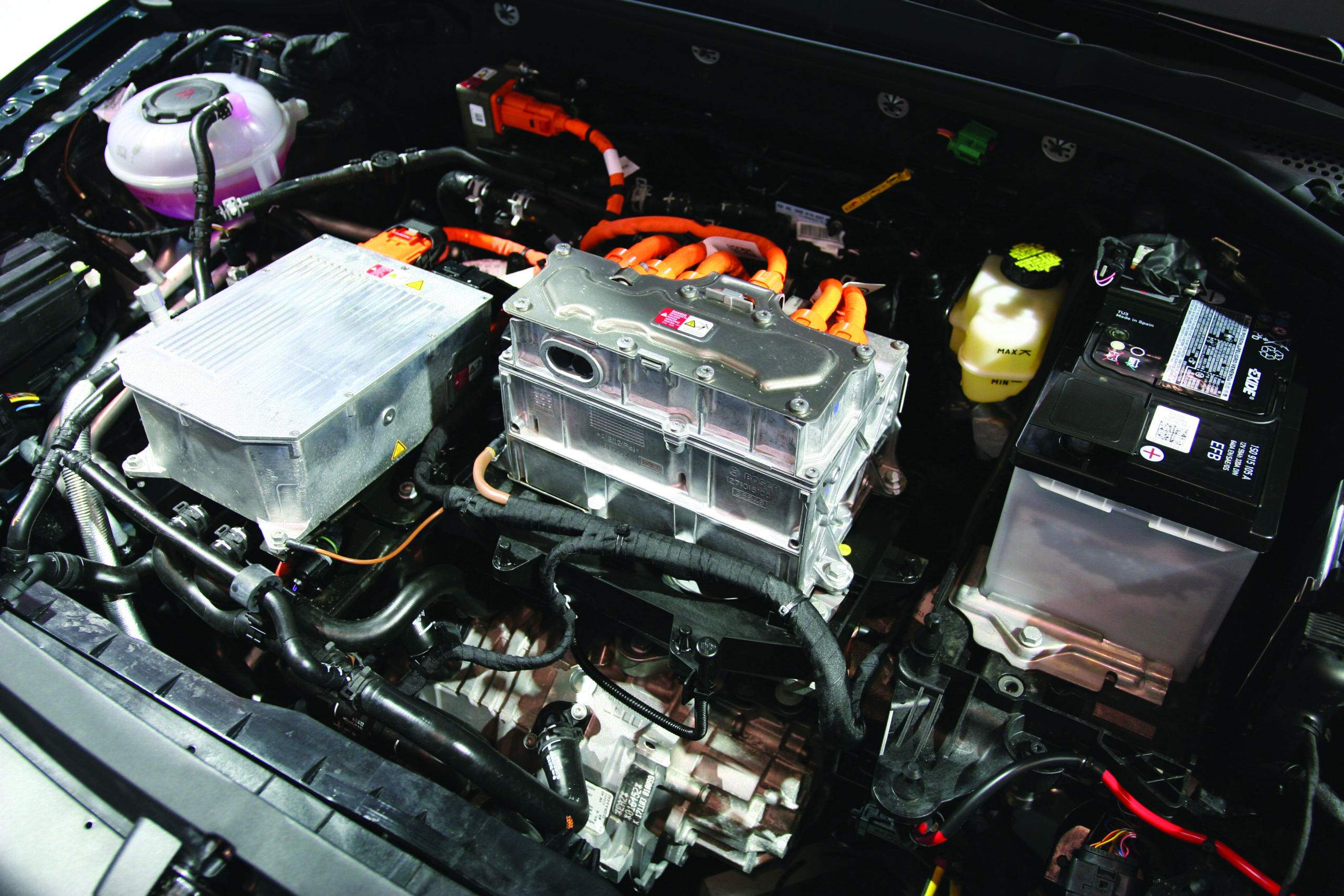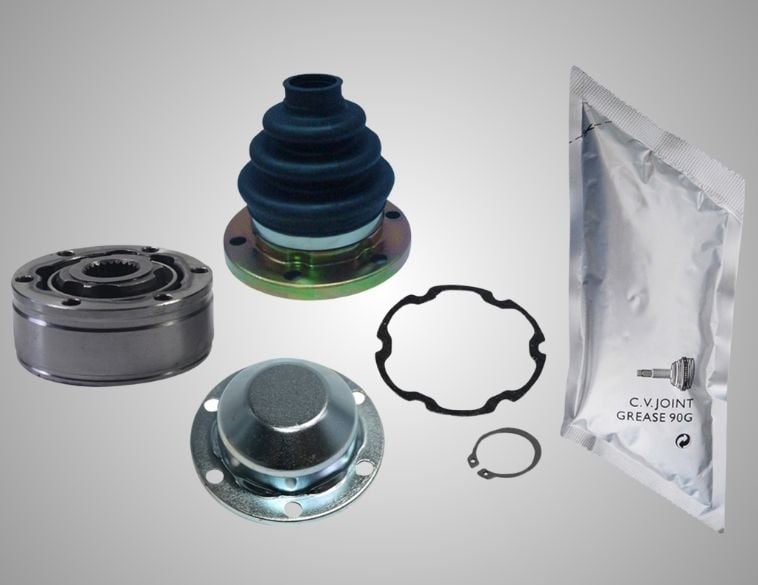Canada’s auto industry is changing, requiring new ways for us to hire and train our skilled tradespeople.
This year, the federal government announced that all new cars and light-duty trucks sold in Canada must be zero-emission vehicles by 2035. Previously, the all-EV target was 2040.
It’s fair to say the majority of electric vehicles on the road in this country are still under warranty. But what happens when those 125,000-plus vehicles fall out of warranty? Who is going to service them?
Meeting the demand
How will we meet the demands for service technicians who can repair electrified powertrains, regenerative braking and high voltage electrification systems? We are already short of skilled tradespeople. A report from Clean Energy Canada released in June 2021 says jobs in electric-vehicle technology will grow 39% per year, resulting in a 26-fold employment increase by 2030. Meanwhile, Canadian engineers are competing with experts around the world for investments in battery chemistry and autonomous-driving innovation.
Software testing isn’t the only emerging change in the auto industry. Invest Windsor Essex highlighted in a May report that St. Clair College was expanding its programs to focus on autonomous-vehicle security. To prepare Canadian graduates with general, non-automotive cyber skills, the report suggests following the lead of Israel, where basic encryption is taught in Grade 10. Ontario’s Autonomous Vehicle Innovation Network cites advanced materials, battery knowledge, data analytics, and the use of workplace-collaboration tools as just a few of the “emerging” skills needed in the auto sector.
Here in Canada, the need to have advanced research on batteries and simulations in its accreditation programs will become more relevant. An EV engineering curriculum has been in place since 2010 at Michigan’s Wayne State University. They already partner with the University of Windsor on a program in other areas. It makes sense that they will partner in EV engineering. It would be an opportunity to develop Canadian automotive talent.

Specialized training
What this tells us is that the need for training to repair more specialized EVs needs to be part of our curriculum and we need to teach our students about cyber skills and focus on autonomous-vehicle security in the automotive sector.
Our industry is one of the most rapidly advancing and the need for training is more important now than ever before. We need to ensure we have skilled technicians who can keep up with the emerging trends in our industry. Aftermarket training on hybrids and electric vehicles are already in high demand and its an area of automotive repair that’s only expected to grow. That’s why, at AARO, we’re focused on ensuring our members are able to recruit and retain the bright young talent that will be instrumental in ensuring the success of independent automotive service repair in the future.
Diane Freeman is President of the Automotive Aftermarket Retailers of Ontario (AARO). You can reach her at [email protected]



